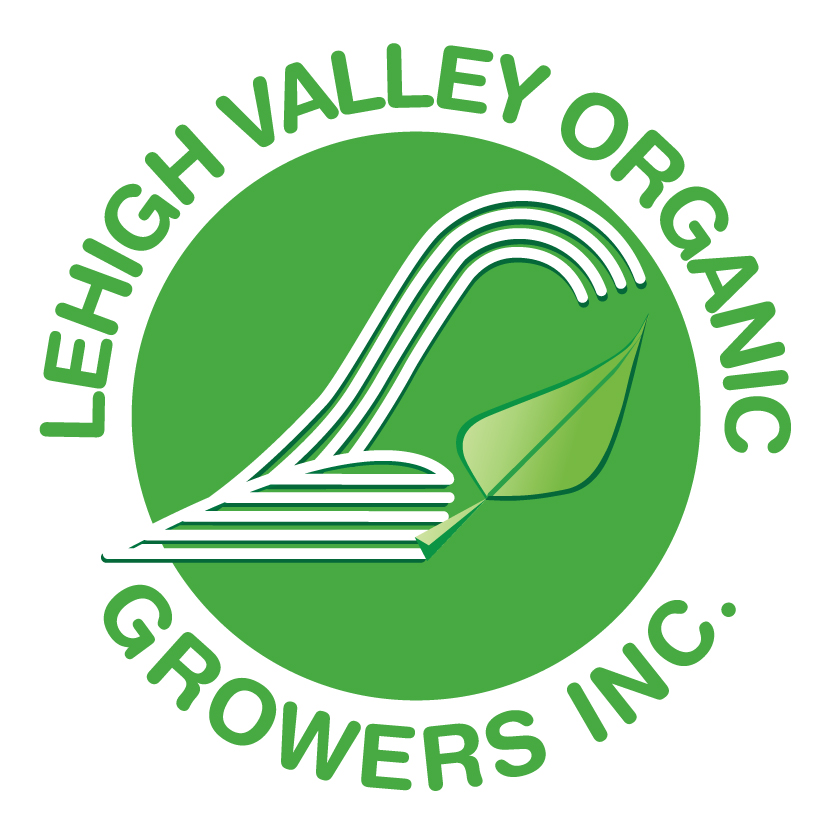Why I Got Into Organic Farming; Blog by Bob Quinn, Organic Farmer
I was raised near Big Sandy, Montana on our family farm that my grandfather started in 1920. When asked where in the world I would most like to be, it’s here, on the farm in Big Sky Country. Maybe in my teenage years or early 20’s my answer would have been different, but life has a way of sorting priorities and sharpening perspectives. The best thing about traveling is knowing I will be returning to the place and people I love most in the world.
I was not born an organic farmer, neither did my formal education train me to become one. Chemical agriculture was a part of my life growing up and all that I knew. My formal education included a BS in Botany, and a MS in plant pathology from Montana State University and a PhD in plant biochemistry from the University of California which I finished in 1976. During the 10 years I spent in college I never heard the mention of organic agriculture one time in the class room. I was part owner of a small business in California but in 1978, I decided to move my wife and children back to the family farm in Montana. I farmed with my father for a few years and soon took over the running of the family farm. Since our farm then included some of the ground once owned by my great grandfather, I became a fourth generation farmer. When I returned, I continued for a time with the chemical agricultural system my father had taught me as a youth, which was the commonly accepted practice of the time.
After about 6 years of chemical farming, I met my first organic farmer. He was farming in North East Montana and I was very curious to learn how his system worked. As I learned more about it and started studying it in earnest, I became quite enthused to try it out for myself. In spite of this early introduction from a fellow Montanan, my greatest encouragement to farm organically initially came from other organic farmers from out of state. Organic pioneers like Tom Harding (PA), Fred Kirshenman (ND), Neal Staryer (SK) and Dave Vetter (NE) played critical roles in teaching me the fundamental principles of organic agriculture. Impressed by their enthusiasm and intrigued by the idea of using crop rotation to avoid the use of chemical pesticides and green manures which relied on legumes to build our soil and substituted for chemical fertilzeers, we set out to grow solely organic foods. We started with an experiment on only 1% of our cropland in 1986 and because of the immediate success we observed, we stopped using all chemicals by 1989 which meant from that year on, our family farm of 2,400 acres was fully organic.
One of my biggest challenges was getting the information I needed to be successful. Initially, we had no assistance from local county agricultural extension agents and very little from university personnel, I basically found the best source for information came from the organic farmers themselves—they were the ones doing the work every day and I learned so much from them. Year by year we and other local organic farmers developed techniques through trial and error to discover the best suited system for organic farming in the Northern Great Plains. Although the principles of organic agriculture build on crop rotations and soil building activities are universal, there really is no one perfect way to apply those principles in organic systems. What works well on one farm may be totally unsuited for an other. Even on the same farm organic systems must adapt to changes in climate, weed and disease pressure and soil health. I would really advise any new organic farmers to keep that in mind. I always encourage farmers converting to organic systems to start small, visit lots of organic farms to get ideas and then see what works best for them and what they are most comfortable doing.
After traveling and seeing organic farms throughout the world, I do truly believe organic agriculture can succeed anywhere. It is our best hope for feeding the world as well as improving the health of both our land and people. What we have been striving for on our family farm is to create a model that would be fun, exciting and profitable for young farmers. I envision farms that can grow most of their own inputs (including fuel) and provide not only an adequate food supply but also food with the nutritional components to keep us and our families healthy and vibrant.
I think of my farm as my laboratory and am constantly trying new things to keep pushing organic farming to new heights. After all, there is no such thing as a perfect organic system. Organic farms are dynamic living organisms which are constantly changing. They should never be treated or thought of as an enclosed factory where all conditions are controlled. Hence the joy and the learning comes from pursuing the ideal of a perfect system rather than the expectation of ever developing a system that is perfect.

